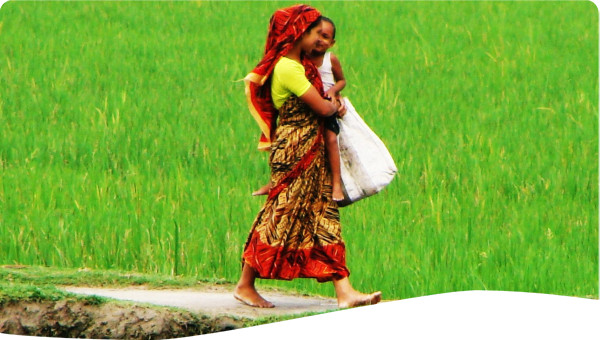A cornerstone of feminist scholarship, intersectionality theory and method explore how gender intersects with other forms of social difference such as race and class. However, in light of the entangled relationships between nature and society, this article argues that human experience cannot be understood through social analysis alone, as offered by intersectionality. This article interrogates how materialities in the physical world might be incorporated within intersectionality. Drawing on gender and water research, the article explores how intersectionality complicates the social dimensions of water access, use, and control. Yet, applying intersectional thinking to water, scholars show how ecological processes of differentiation are also at play. Case studies from Sudan and Bangladesh exemplify how spatial and temporal aspects of water distribution intersect with the social complexities of water access. The article then returns to examine how intersectionality works to explore a framework for including these spatial and temporal dimensions. Four mechanisms – simultaneity, situated specificity, relationality, and fluidity – are elaborated for facilitating the study of eco-social relations within intersectionality theory. The article concludes that the materiality of water offers theoretical insight for developing intersectionality theory, with implications for gender and water research.
Description / Abstract
Publication year
Country
Publisher
English
 Resource -
Resource -
